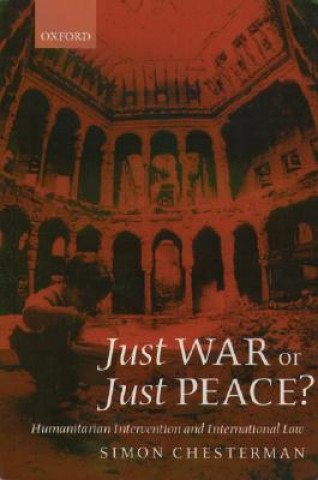
Code: 01293794
Just War or Just Peace?
by Simon Chesterman
The question of the legality of humanitarian intervention is, at first blush, a simple one. The Charter of the United Nations clearly prohibits the use of force, with the only exceptions being self-defence and enforcement actions ... more
- Language:
 English
English - Binding: Paperback
- Number of pages: 326
Publisher: Oxford University Press, 2002
- More about this

You might also like
-

Life in Medieval Landscapes
47.80 € -2 % -

Mortimer Keene: Attack of the Slime
7.22 € -17 % -

On The Outside Looking Out 5 Str Banjo
48.50 €
Give this book as a present today
- Order book and choose Gift Order.
- We will send you book gift voucher at once. You can give it out to anyone.
- Book will be send to donee, nothing more to care about.
More about Just War or Just Peace?
You get 220 loyalty points
 Book synopsis
Book synopsis
The question of the legality of humanitarian intervention is, at first blush, a simple one. The Charter of the United Nations clearly prohibits the use of force, with the only exceptions being self-defence and enforcement actions authorized by the Security Council. There are, however, long-standing arguments that a right of unilateral intervention pre-existed the Charter. This book, which won the ASIL Certificate of Merit in 2002, begins with an examination of the genealogy of that right, and arguments that it might have survived the passage of the Charter, either through a loophole in Article 2(4) or as part of customary international law. It has also been argued that certain 'illegitimate' regimes lose the attributes of sovereignty and thereby the protection given by the prohibition of the use of force. None of these arguments is found to have merit, either in principle or in the practice of states. A common justification for a right of unilateral humanitarian intervention concerns the failure of the collective security mechanism created after the Second World War. Chapters 4 and 5, therefore, examine Security Council activism in the 1990s, notable for the plasticity of the circumstances in which the Council was prepared to assert its primary responsibility for international peace and security, and the contingency of its actions on the willingness of states to carry them out. This reduction of the Council's role from substantive to formal partly explains the recourse to unilateralism in that decade, most spectacularly in relation to the situation in Kosovo. Crucially, the book argues that such unilateral enforcement is not a substitute for but the opposite of collective action. Though often presented as the only alternative to inaction, incorporating a 'right' of intervention would lead to more such interventions being undertaken in bad faith, it would be incoherent as a principle, and it would be inimical to the emergence of an international rule of law.
 Book details
Book details
Book category Books in English Society & social sciences Politics & government International relations
87.47 €
- Full title: Just War or Just Peace?
- Author: Simon Chesterman
- Language:
 English
English - Binding: Paperback
- Number of pages: 326
- EAN: 9780199257997
- ISBN: 019925799X
- ID: 01293794
- Publisher: Oxford University Press
- Weight: 498 g
- Dimensions: 230 × 156 × 12 mm
- Date of publishing: 07. November 2002
Trending among others
-

Prisoners of Geography
10.84 € -24 % -
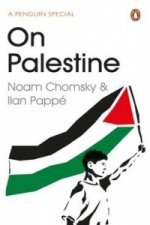
On Palestine
10.64 € -20 % -
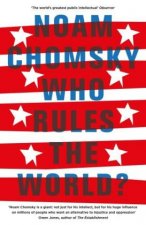
Who Rules the World?
11.24 € -23 % -
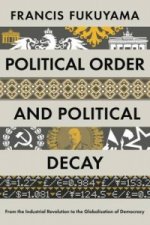
Political Order and Political Decay
15.26 € -22 % -

Tragedy of the European Union
18.57 € -22 % -
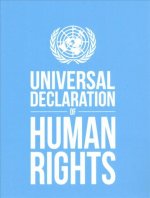
Universal Declaration of Human Rights
4.91 € -
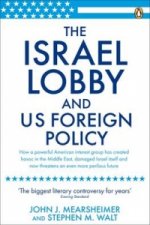
Israel Lobby and US Foreign Policy
14.35 € -22 % -
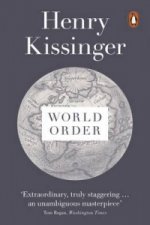
World Order
11.34 € -22 % -

Grand Chessboard
21.18 € -
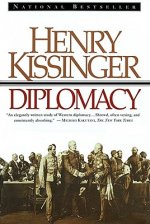
Diplomacy
16.36 € -25 % -
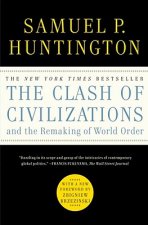
Clash of Civilizations and the Remaking of World Order
16.66 € -17 % -

Lords of the Desert
9.63 € -21 % -

Adults In The Room
13.05 € -21 % -
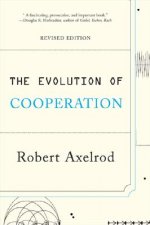
Evolution of Cooperation
19.98 € -

Righteous Victims
20.28 € -18 % -
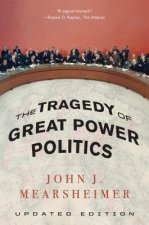
Tragedy of Great Power Politics
21.48 € -8 % -

OVERTHROW : AMERICA'S CENTURY OF REGIME
20.38 € -24 % -
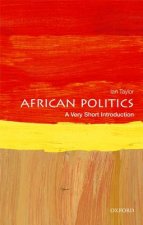
African Politics: A Very Short Introduction
9.23 € -28 % -
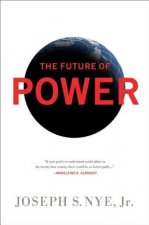
Future of Power
15.36 € -23 % -

Chasing the Flame
16.56 € -21 % -

Understanding International Relations
44.58 € -13 % -

Gideon's Spies
25.10 € -28 % -

Geopolitics and Geoculture
25.50 € -24 % -

Winter is Coming
20.88 € -8 % -

Rethinking Fiscal Policy after the Crisis
144.52 € -

Writer, Sailor, Soldier, Spy
16.06 € -11 % -

Governing the World
14.35 € -22 % -
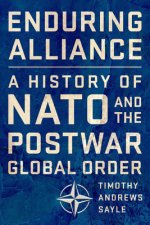
Enduring Alliance
35.64 € -
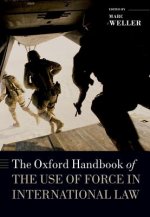
Oxford Handbook of the Use of Force in International Law
69.39 € -
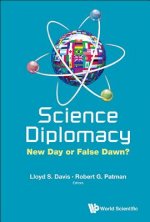
Science Diplomacy: New Day Or False Dawn?
115.09 € -
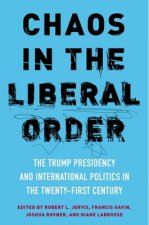
Chaos in the Liberal Order
24.80 € -24 % -
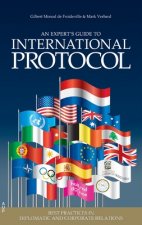
Experts' Guide to International Protocol
70.09 € -9 % -

Legacy of Ashes
17.77 € -15 % -
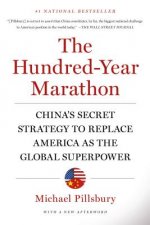
Hundred-Year Marathon
15.46 € -26 % -
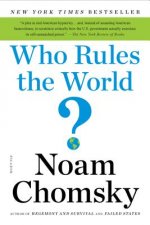
Who Rules the World?
14.15 € -
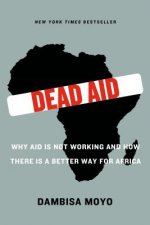
Dead Aid
16.66 € -8 % -
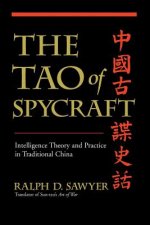
Tao Of Spycraft
36.15 € -
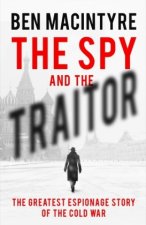
The Spy and the Traitor
10.74 € -24 % -
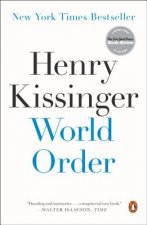
World Order
16.46 € -1 % -

Rise and Kill First
16.46 € -23 % -

Strategic Vision
14.75 € -26 % -

PEACE TO END ALL PEACE
20.68 € -23 % -
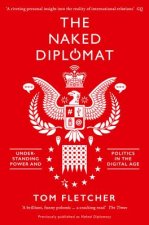
Naked Diplomat
13.25 € -28 % -

Planetary Cycles Mundane Astrology
19.17 € -

America's Secret War
14.65 € -14 % -

After the Empire
14.95 € -

Understanding the Intelligence Cycle
64.67 € -

My Nationalist Pony
30.12 € -1 % -

Romania and the European Union
33.84 €
Collection points Bratislava a 2642 dalších
Copyright ©2008-24 najlacnejsie-knihy.sk All rights reservedPrivacyCookies



 15549 collection points
15549 collection points Delivery 2.99 €
Delivery 2.99 € 02/210 210 99 (8-15.30h)
02/210 210 99 (8-15.30h)